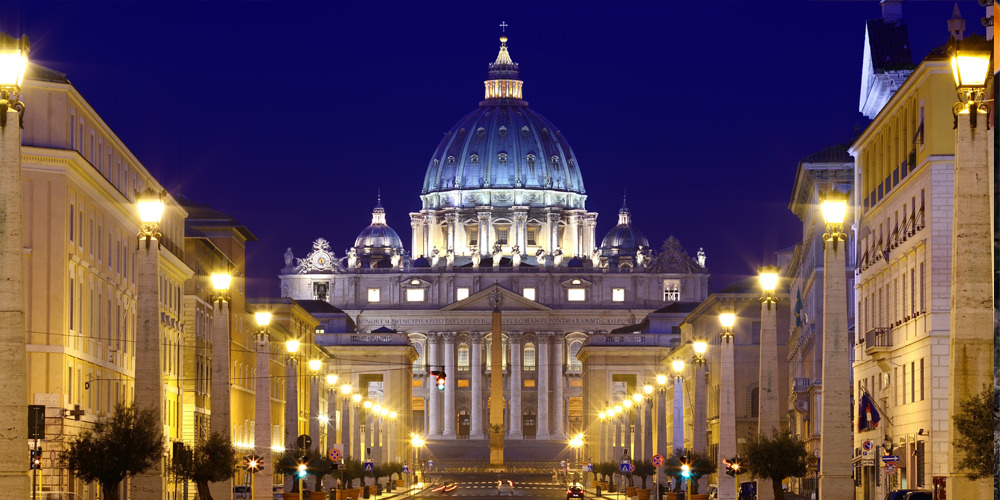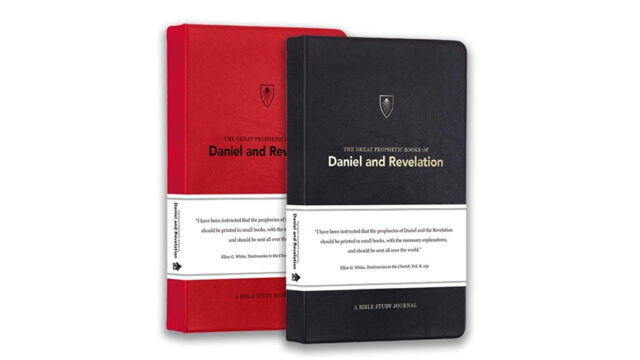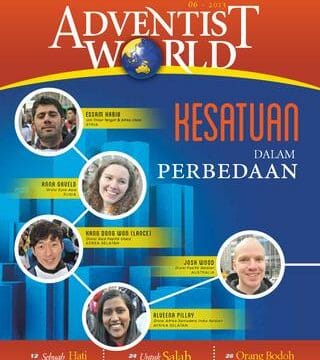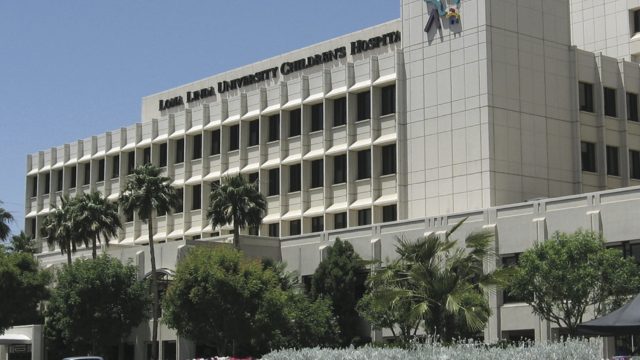Both Luther and Jesus were victims of injustice

I parked the jeep on the side of a dirt road near the nature reserve. My 14-year-old daughter and I were watching amazing South African birds—odd-looking birds, extremely long-tailed birds, birds that made unusual noises, birds that looked and behaved like bumble bees. We peered through binoculars, snapped pictures, and had a great time—two Americans watching a nature documentary in real life.
Suddenly a beat-up pickup truck appeared behind us. Conscious of our somewhat secluded position, I cast a wary eye behind me. The truck said “Police”—but I didn’t have a good feeling. Two officers jumped out. “What are you doing?” demanded one in a loud voice.
“Watching birds,” I replied cheerfully, unable to hide my American accent.
“You are lying!” he thundered.
Oh boy. I thought. This is going to be tricky. Lord, please help.
I remained calm and tried to make friends to diffuse the situation. I spoke directly to the officer doing the talking, but the other officer approached my daughter and said, “Hmmm, that’s a nice camera. Let me see it.” He paused and said, “Your daddy can buy you another one.”
What was I supposed to do—call the police? These were the police!
I remained calm and friendly, talked loudly, and didn’t show any fear. We immediately offered them food that we had with us, and they accepted it. I asked them about the area, about South Africa, about their work. They backed off and became friendly. They eventually said, “You guys need to get out of here. It is a dangerous side road—we found a dead body here a few months ago.”
We left immediately, none poorer except for the food we had shared.
How does it feel to be powerless in a situation—with no recourse, no appeal? Have you ever been the victim of abuse of power? Have you ever experienced corruption first-hand?
This year we celebrate the 500th anniversary of the beginning of the Protestant Reformation—a response, in a large degree, to corruption and abuse of power.
Power, Corruption, and Luther
The Bible describes abuse of power in this way: “Woe to those who devise iniquity, and work out evil on their beds! At morning light they practice it because it is in the power of their hand” (Mic. 2:1, NKJV). As Lord Acton wrote, “Power tends to corrupt, and absolute power corrupts absolutely.”
It was commonly accepted by those living in medieval Europe that the church had near-complete power of people’s religious lives. Forgiveness, grace, all came via the conduit of the church: “As mediated through the church, grace changed ordinary human deeds into works that were meritorious for salvation.”1 The church claimed almost total spiritual authority. Church-prescribed “pilgrimages, special masses for the dead, shines, images, relics, special spiritual exercises”—these were “central to the practice of late medieval religion.”2 Worshipers obtained all spiritual blessings—forgiveness, prayer, etc.—via one source; and there were no other options. It was a sort of spiritual monopoly.
Even more importantly, there was no latitude for dissenting views. Estimates vary widely, but we know that “millions of martyrs”3 sacrificed their lives for holding different opinions. The next time you disagree with someone in authority, be thankful you can have that disagreement!
A monk in central Germany named Martin Luther disagreed with those in power. He had been reading the Bible. He had also been observing the startling quantity and quality of corruption at high levels of the church.
The situation came to a head when those in power needed some money for a new and imposing building, and as was their custom, commissioned the sale of indulgences to finance it. Indulgences—back then, obtained by purchase—allow the recipient to reduce or eliminate time in purgatory. The devout could also purchase an indulgence for a deceased relative. On Oct. 31, 2017, Luther nailed his dissent on the church door—the equivalent of a blog post. Luther essentially said, “The sale of indulgences is an abuse of power. Those in authority are playing on people’s fears, selling something that is free, to further their financial interests.” Today, indulgences are still offered, but they are not for sale.4
Luther’s challenges to those who had held power for over 1,000 years created a thirst for freedom in the hearts of people all over Europe. Today, we are the spiritual descendants of those people—and, like Luther, we deplore oppression wherever we see it.
But does God understand oppression by experience? What does He know about the strong taking advantage of the weak?
The Example of Jesus
Jesus Himself was a victim of corruption and abuse of power. “He was oppressed and He was afflicted, yet He opened not His mouth” (Isa. 53:7). He faced seven separate trials—Annas, Caiaphas, Sanhedrin before dawn, Sanhedrin after dawn, Pilate, Herod, Pilate again—and each was a farce. In order to achieve His condemnation in the courts, those in power brought in false witnesses. They even broke their laws: a man was not to be condemned on his testimony, but they condemned Jesus by what He said (Matt. 26:65-66). “He was led away after an unjust trial—but who even cared?” (Isa. 53:8, NET); or as the NIV puts it, “Yet who of his generation protested?” After speaking out against the corruption and hypocrisy of those in power, He was murdered in broad daylight.
Like Jesus, God’s people who are living in earth’s last days will indeed see and experience oppression. The book of Revelation indicates that in the time of the end, religious and political powers will unite, and the same spirit of the Middle Ages—control, corruption, and abuse of power—will be replicated. Oppression will return to God’s faithful people.
If you have ever been a victim of oppression, corruption, or abuse of power, or if you ever are a victim in the future, remember Jesus—and thank Him for that Oct. 31, 500 years ago.
Unless otherwise noted, Scripture is taken from the New King James Version®. Copyright © 1982 by Thomas Nelson. Used by permission. All rights reserved.
Scriptures marked NET are taken from the NET Bible® copyright ©1996-2006 by Biblical Studies Press, L.L.C. http://netbible.com. All rights reserved.
Scriptures marked NIV are taken from THE HOLY BIBLE, NEW INTERNATIONAL VERSION®, NIV® Copyright © 1973, 1978, 1984, 2011 by Biblica, Inc.® Used by permission. All rights reserved worldwide.
1James M. Kittelson, Luther the Reformer (Augsburg, 1986), p. 61.
2Ibid., p. 114.
3Ellen White, The Great Controversy, pp. 59-60.
4http://www.cbsnews.com/news/vatican-get-time-off-in-purgatory-by-following-pope-on-twitter/








